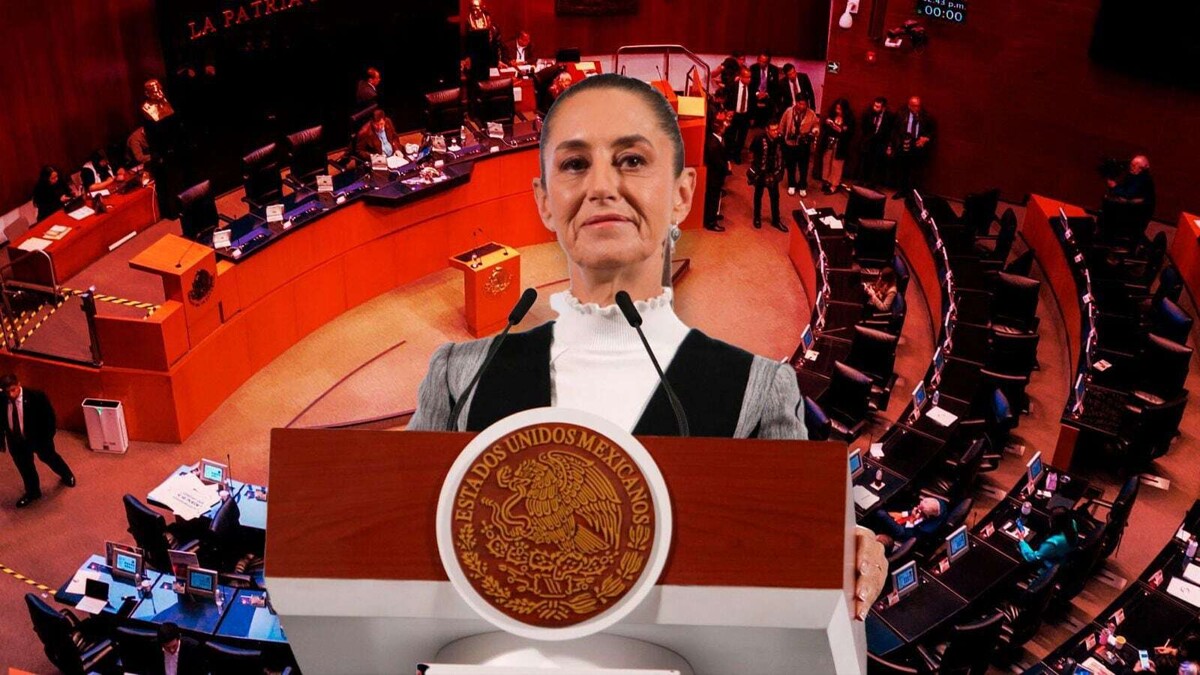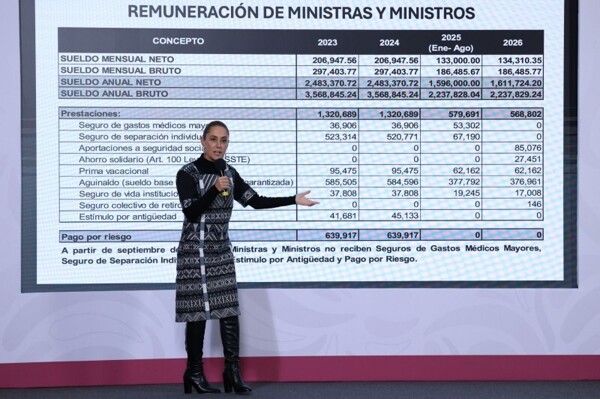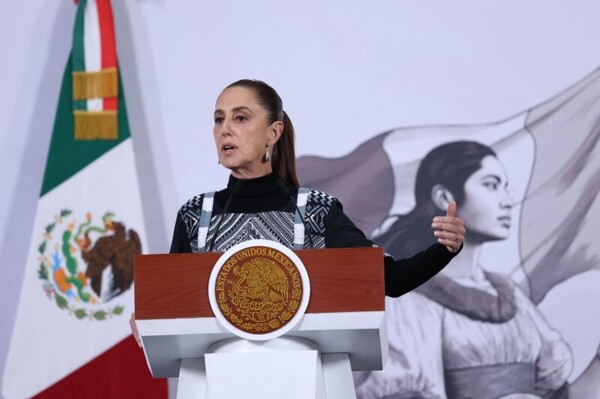
A proposed electoral reform by President Claudia Sheinbaum has generated tensions within the governing coalition in Mexico. The reform, which seeks to eliminate consecutive re-election and establishes restrictions on family ties for candidacies to public office, has faced resistance from some sectors of the ruling party.
In particular, the Labor Party and the Green Party of Mexico have shown reluctance towards the reform. The PT, which has achieved a record number of seats in Congress due to a controversial judicial ruling, is affected by provisions that would limit the indefinite tenure of some of its legislators in power.
On the other hand, the owner of the PVEM, Jorge Emilio González, seeks to maintain control over the governorships of San Luis Potosí and Quintana Roo, which has generated tensions with President Sheinbaum and her reform proposal. The alliance between Morena, the PT, and the PVEM is threatened by political and personal interests, especially regarding nepotism.
The resistance to the reform does not come from the traditional opposition, but from internal sectors of the ruling party that see their plans for perpetuation in power at risk. Governors and Morena legislators fear losing the possibility of inheriting positions to family members, which has created friction within the coalition.
Despite the tensions, the reform is expected to advance in Congress, with concessions from the allied parties in exchange for benefits and privileges. President Sheinbaum faces the challenge of pacifying internal discrepancies within her coalition at a time when unity is required amidst both internal and external challenges.














